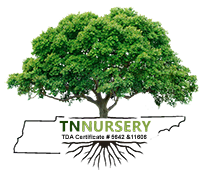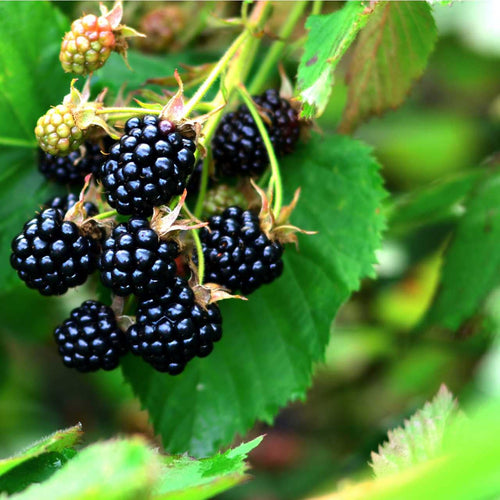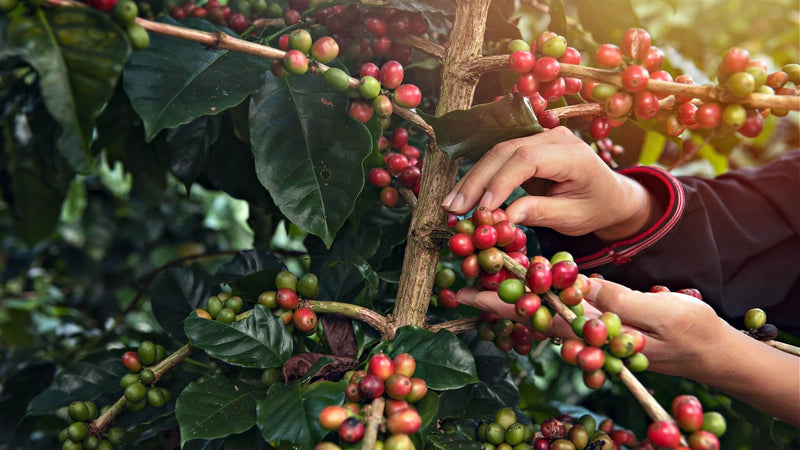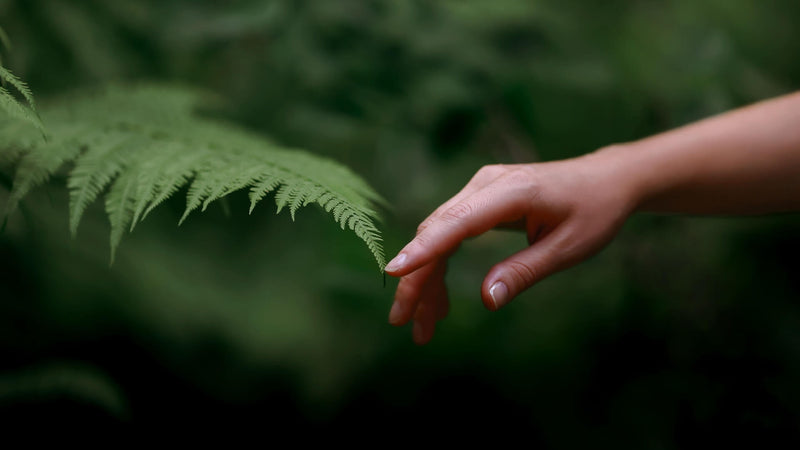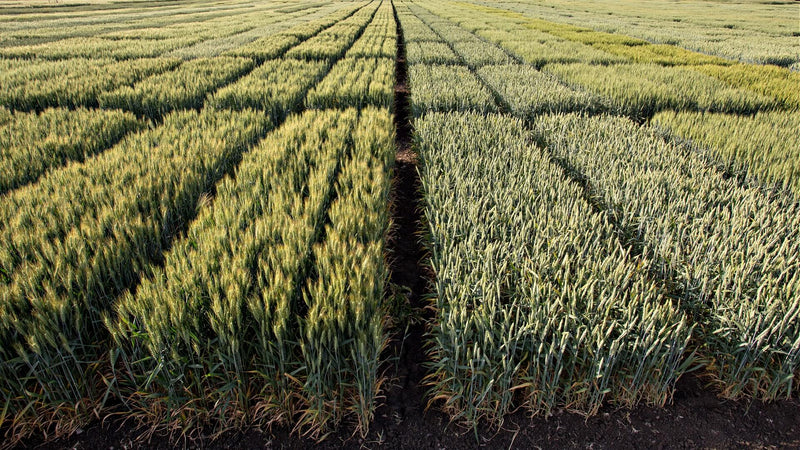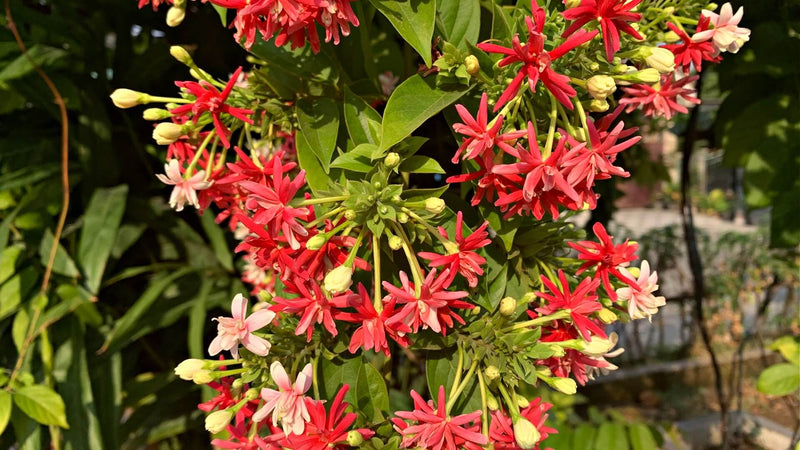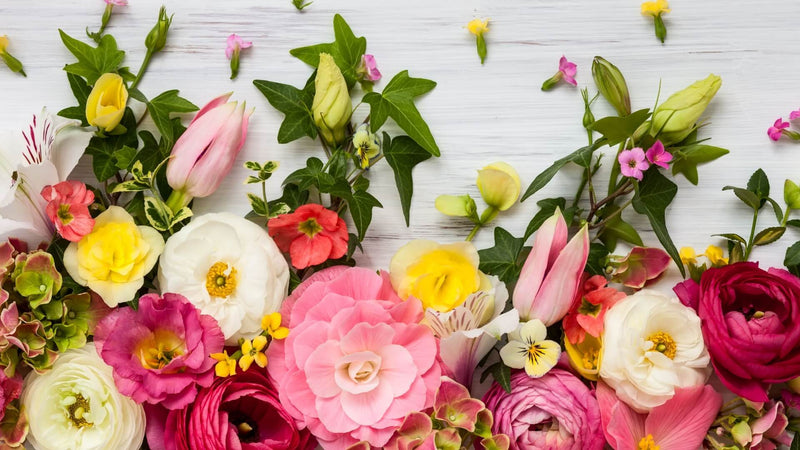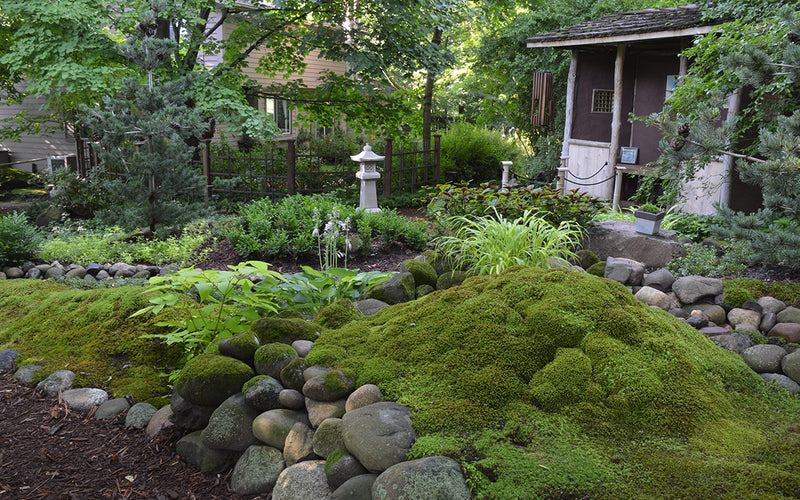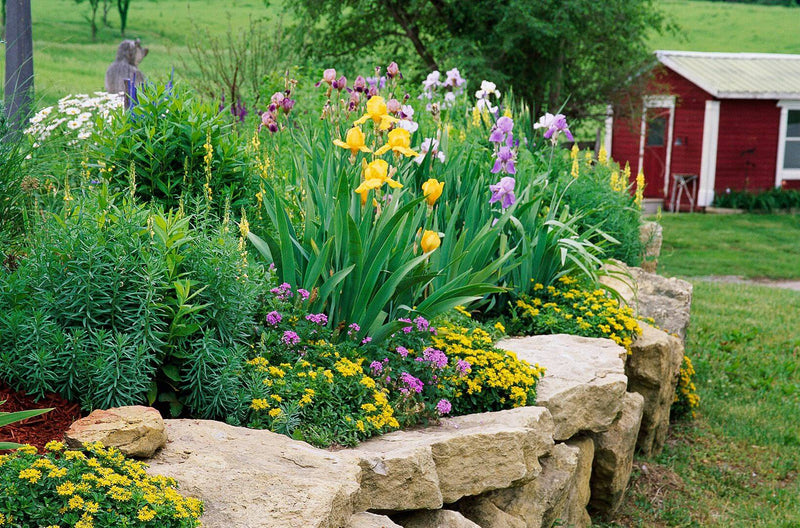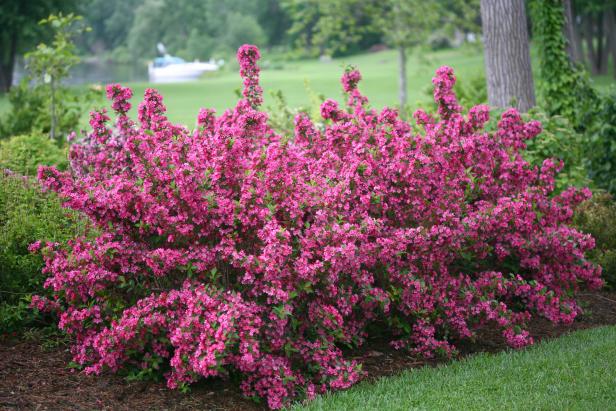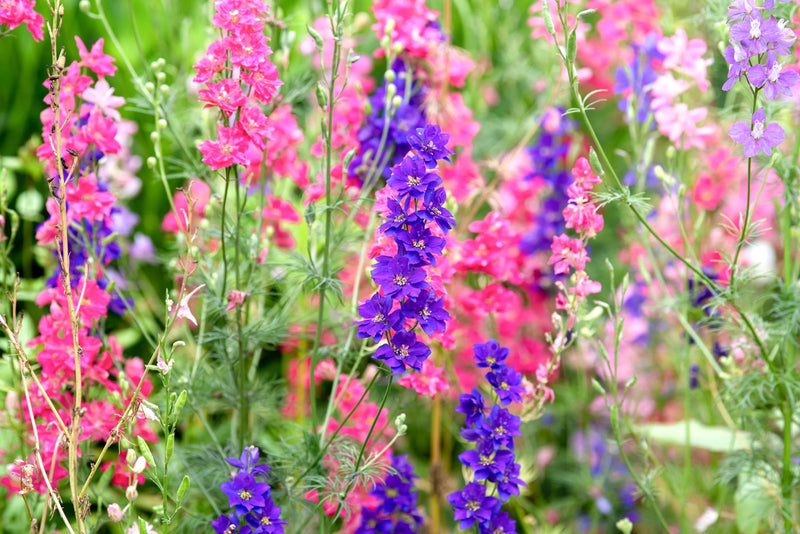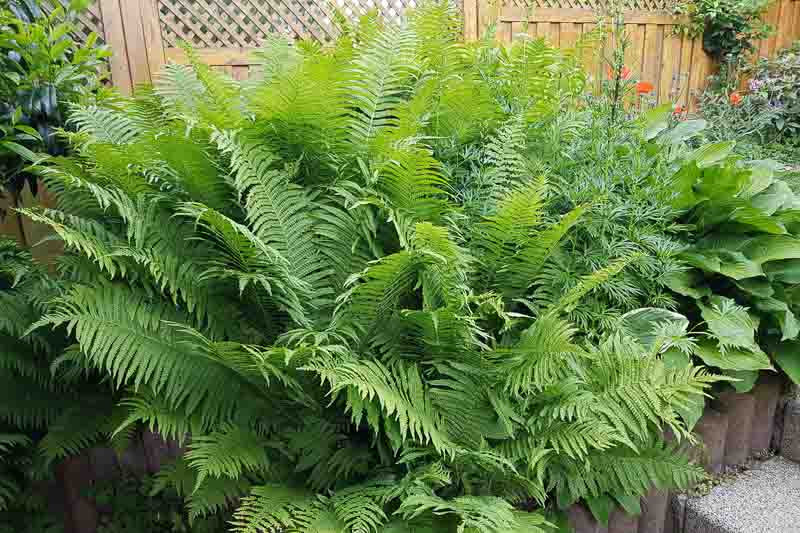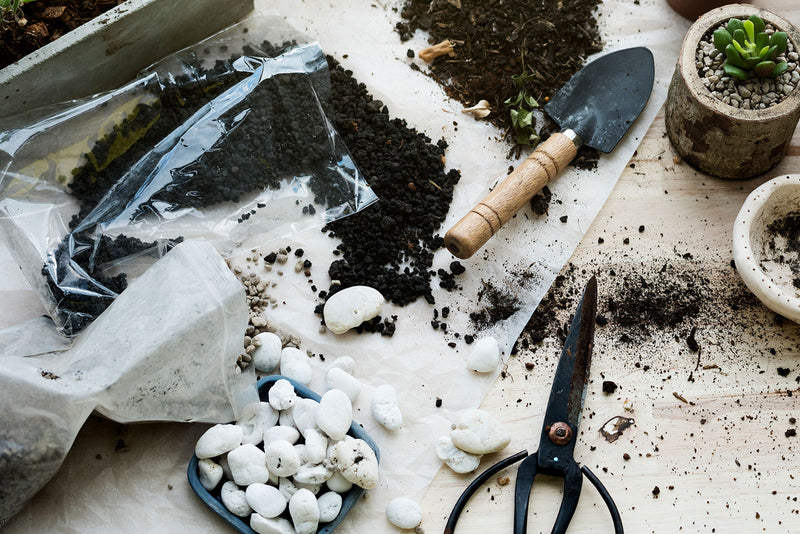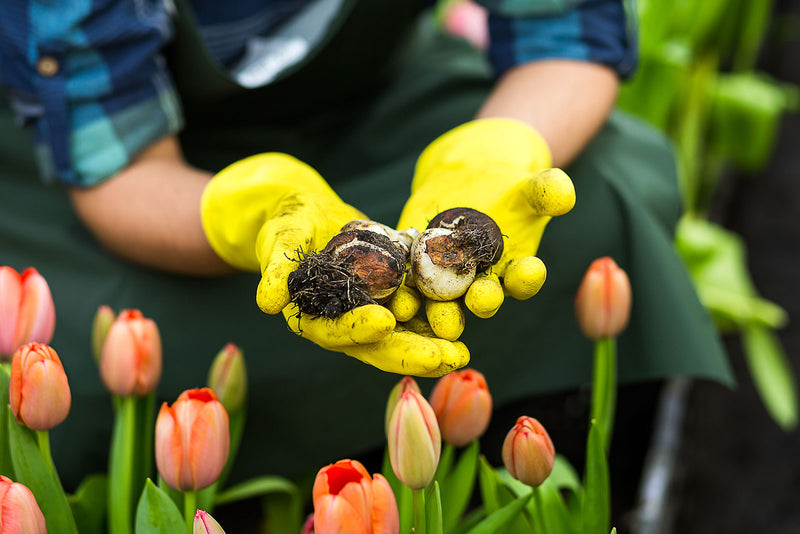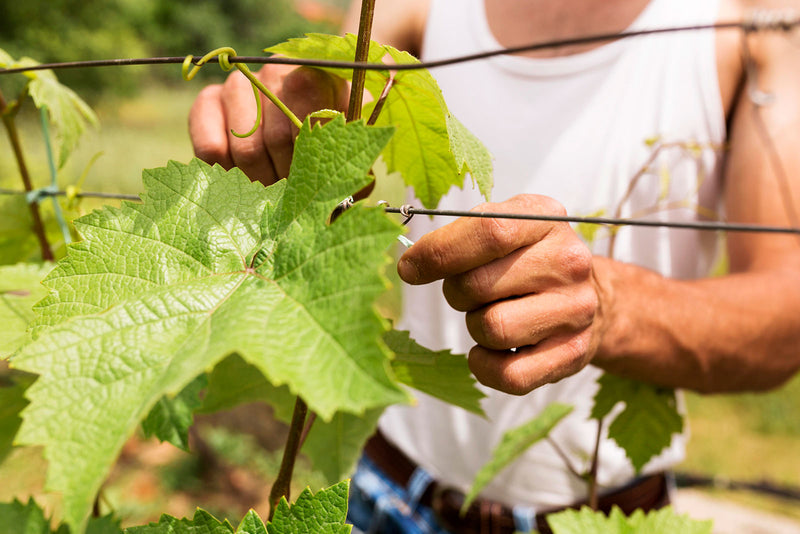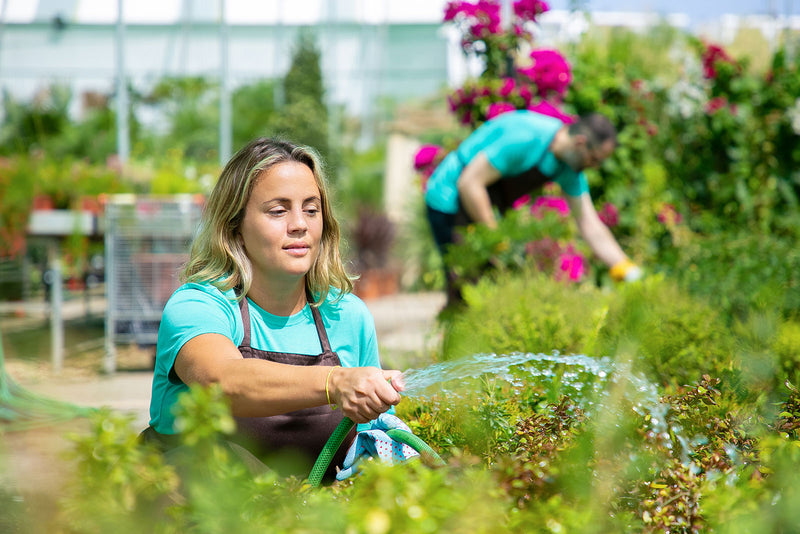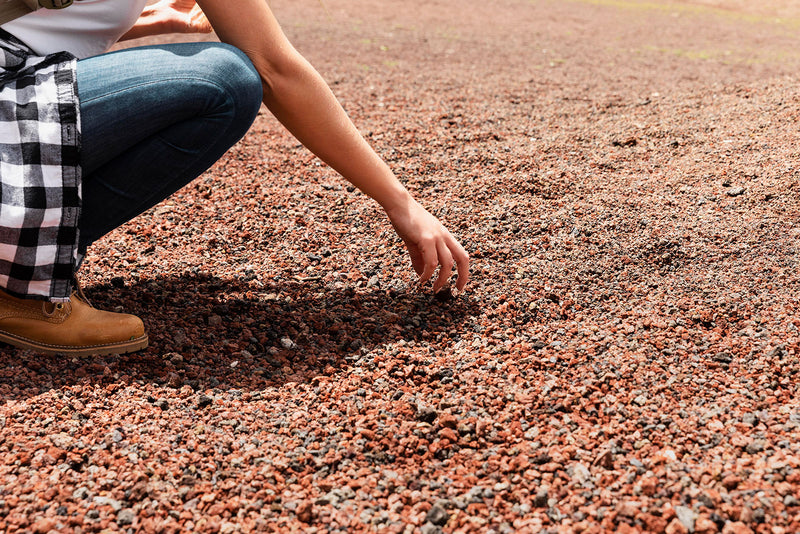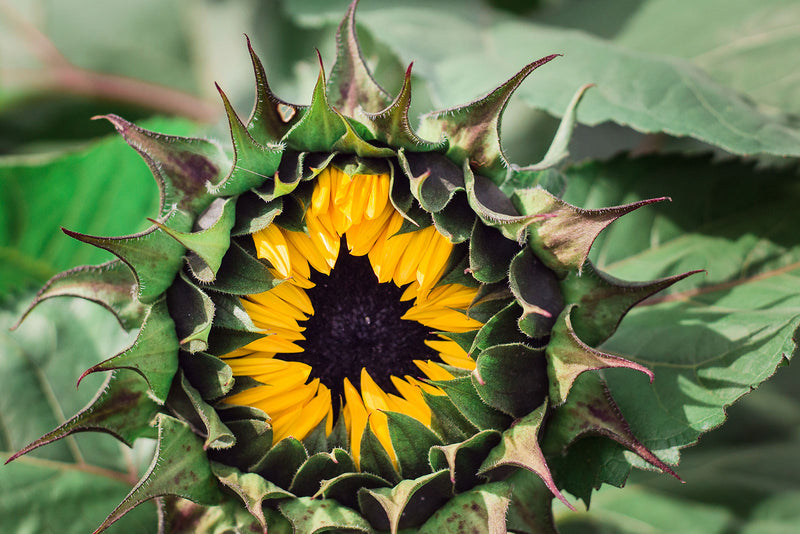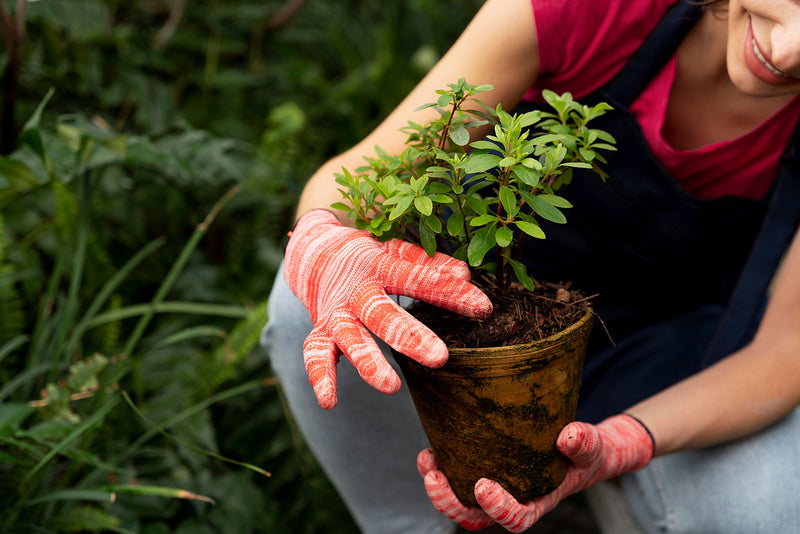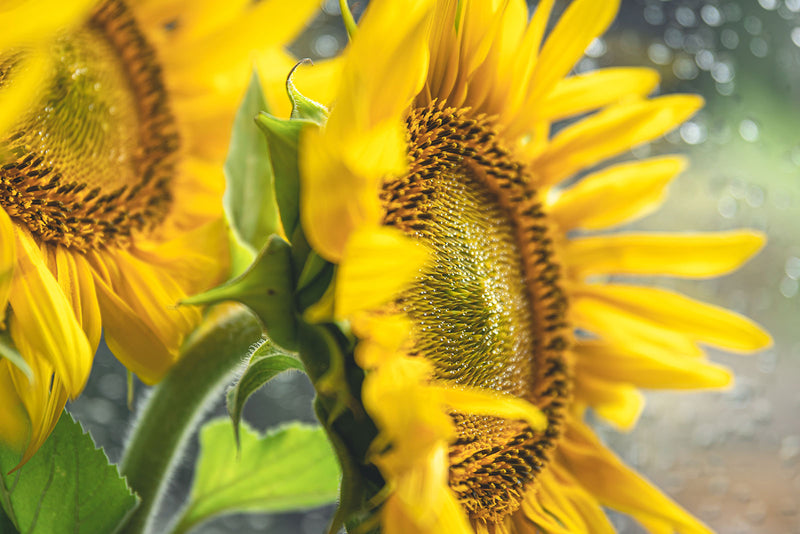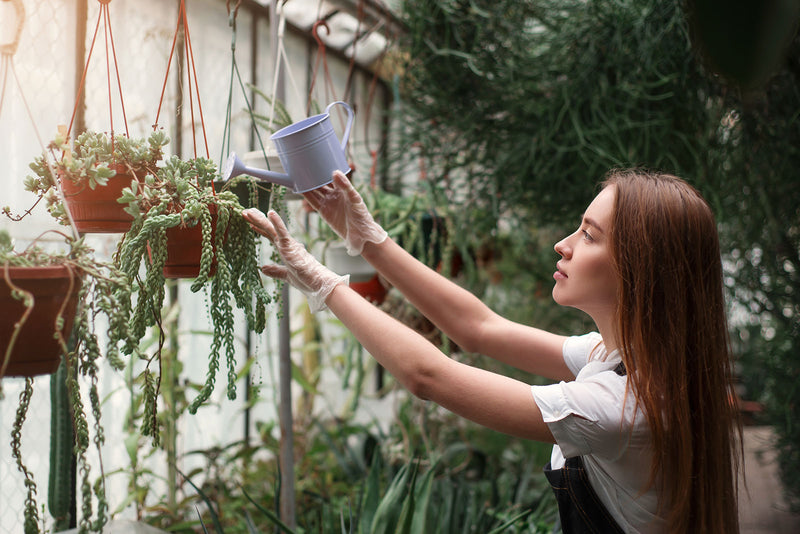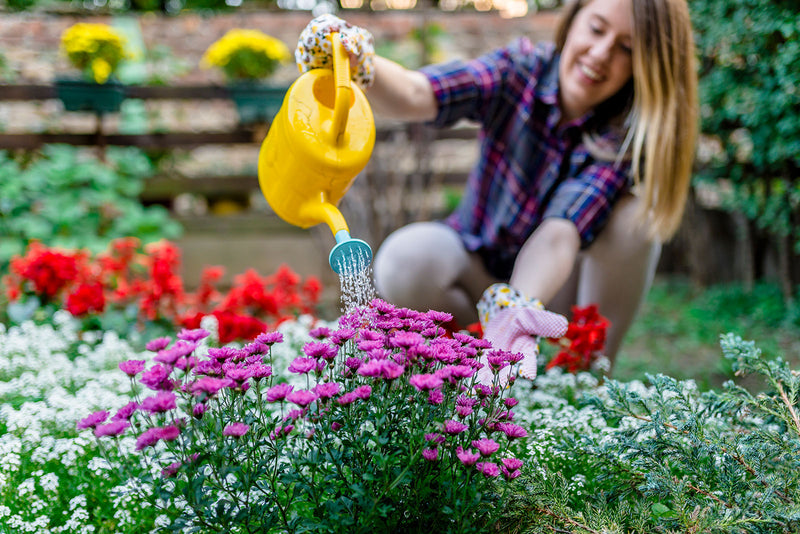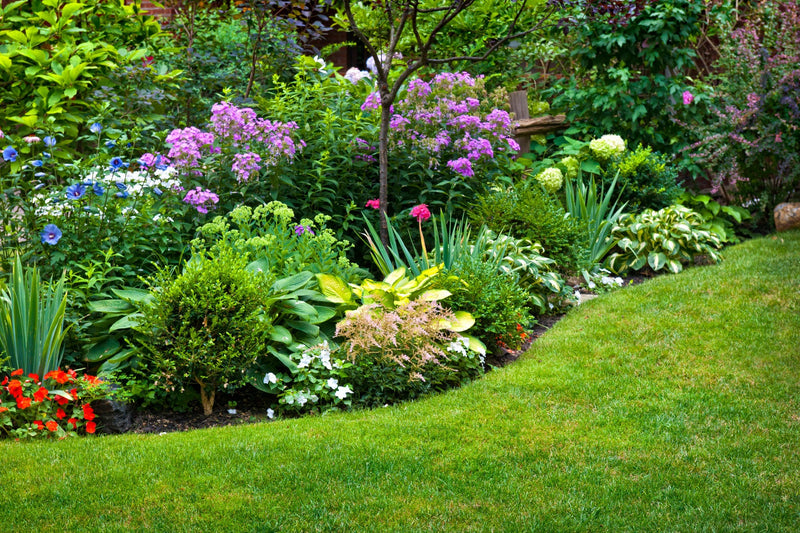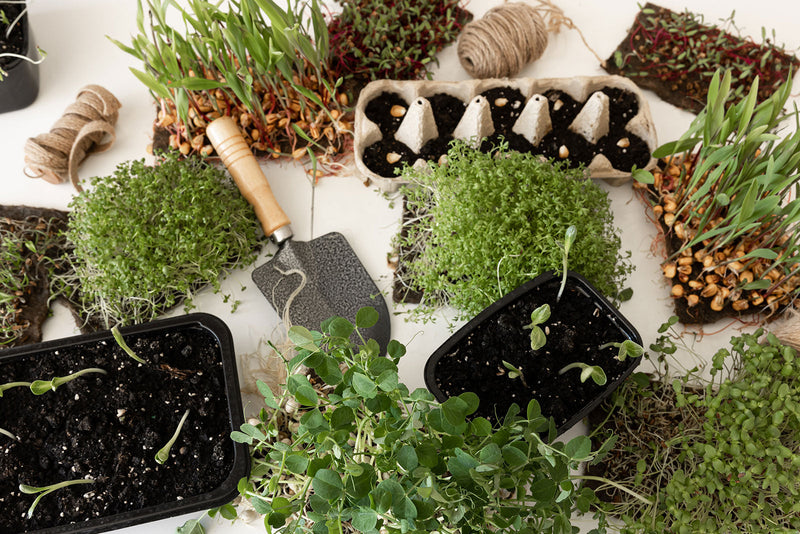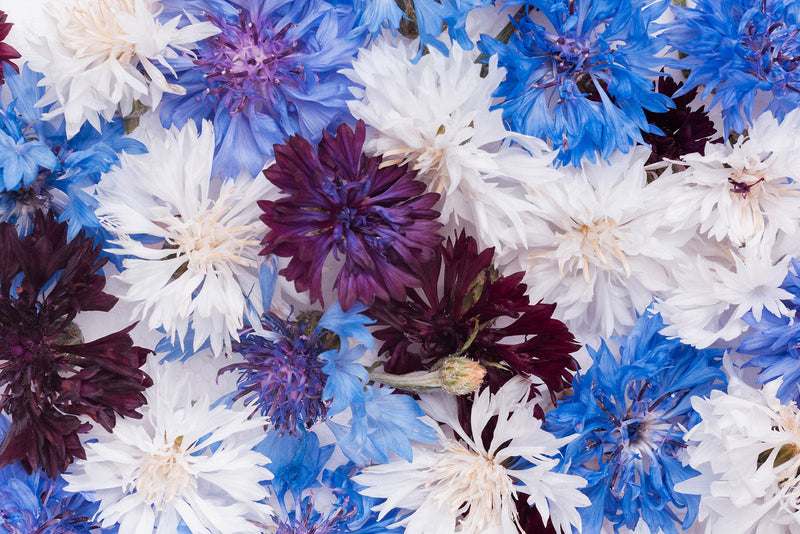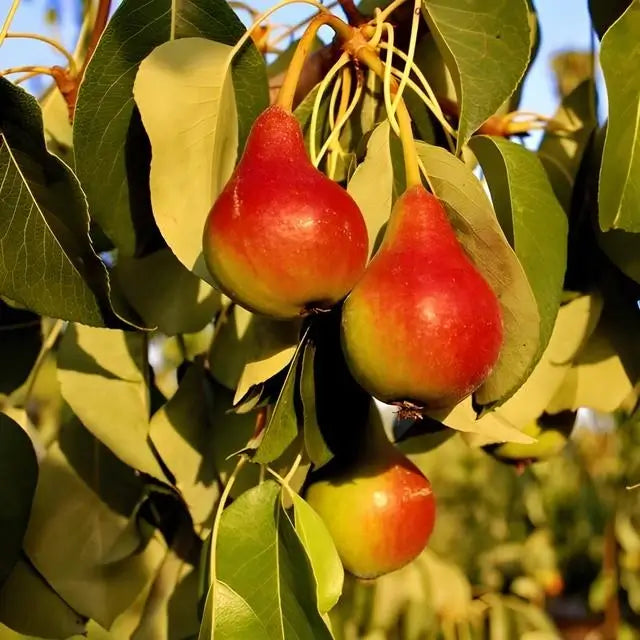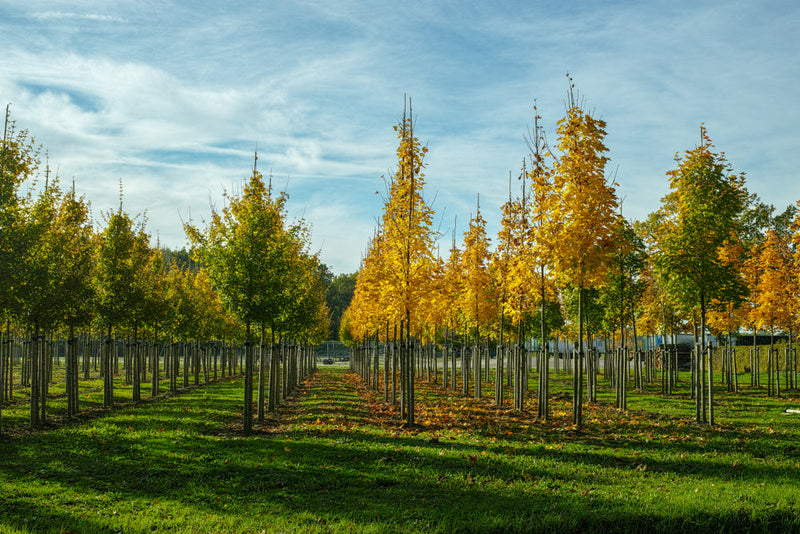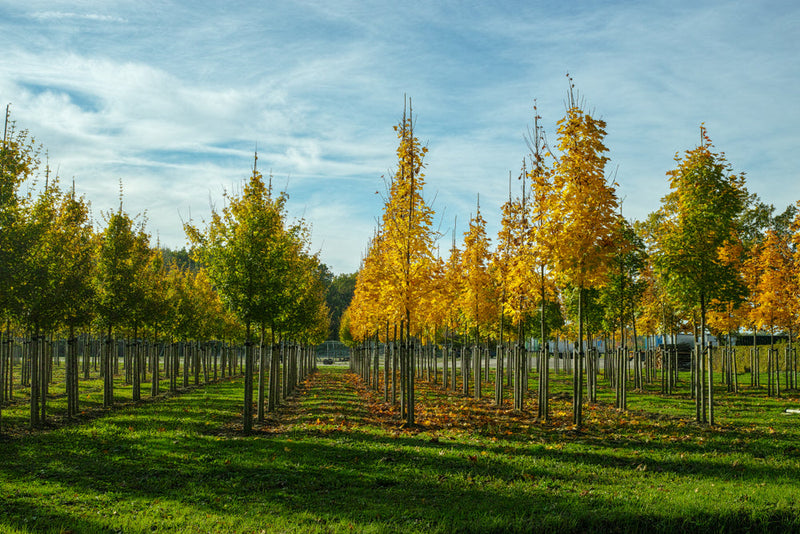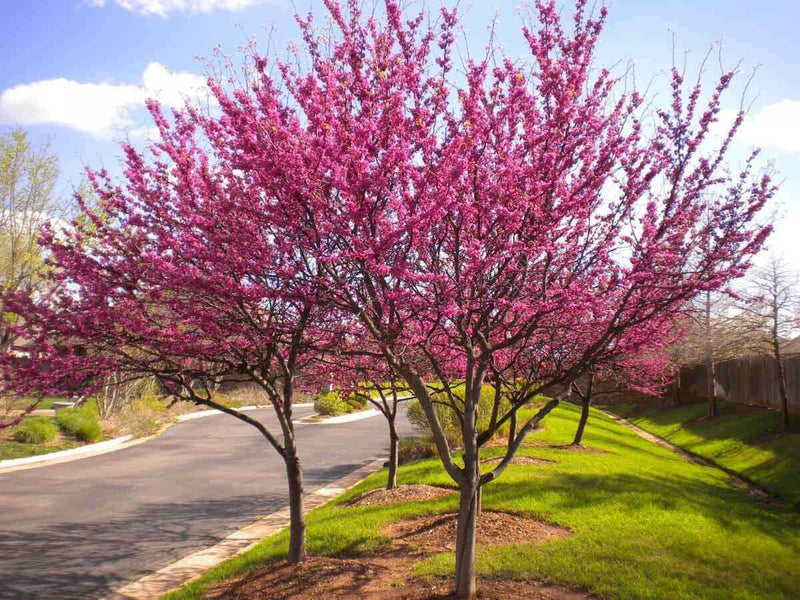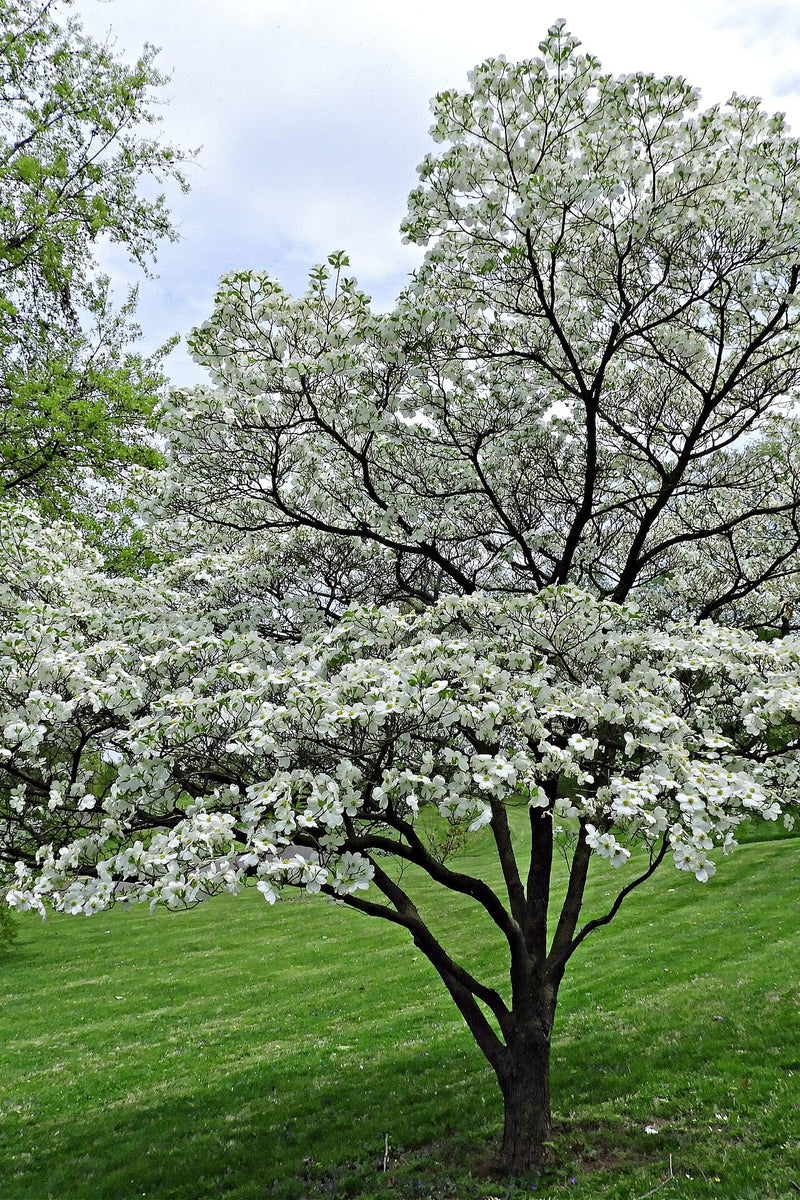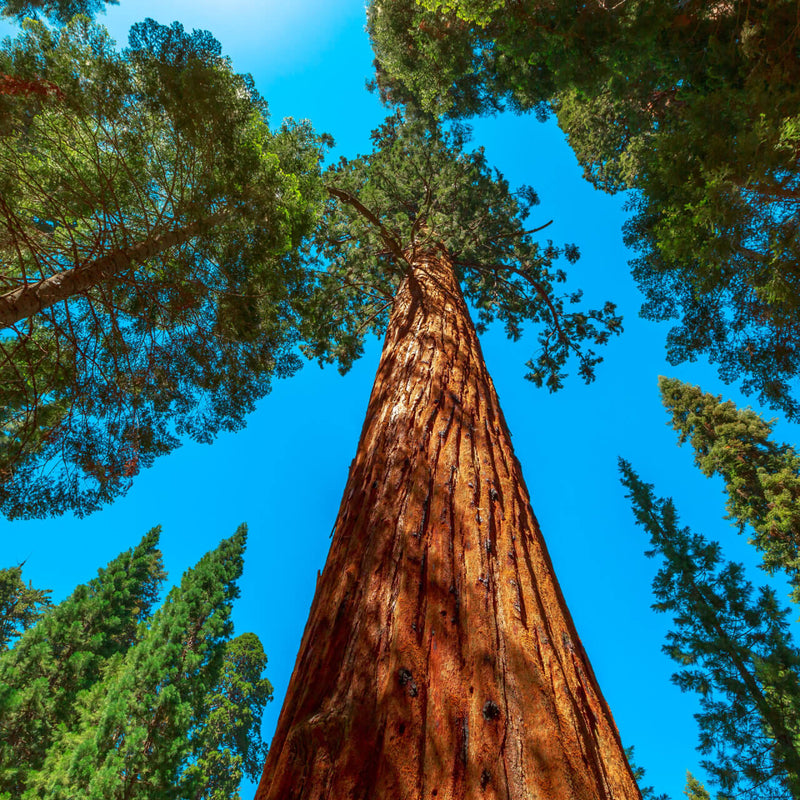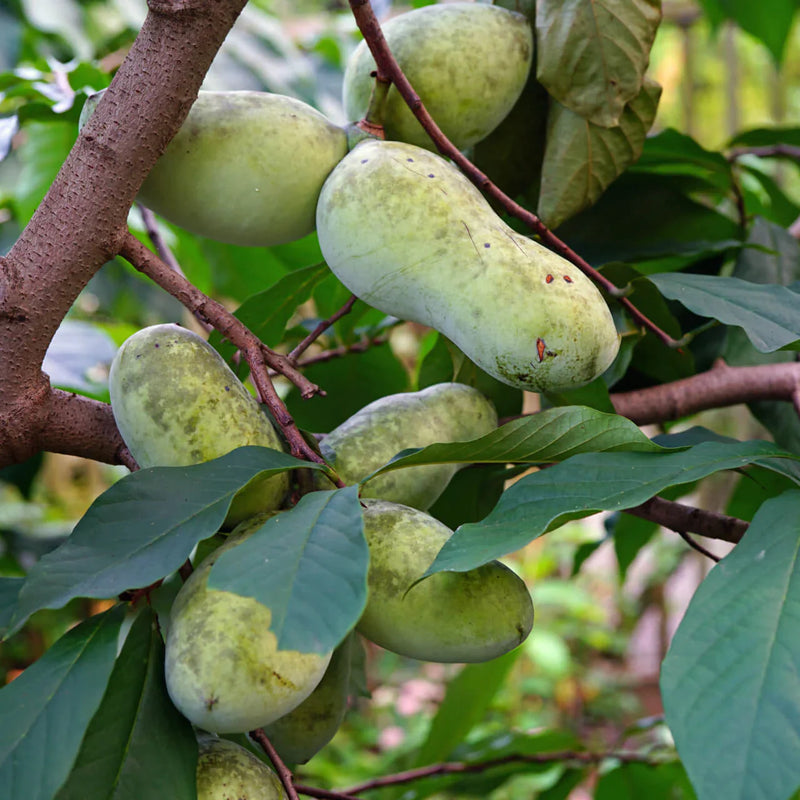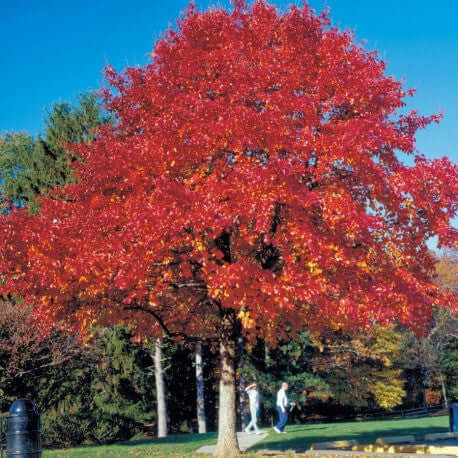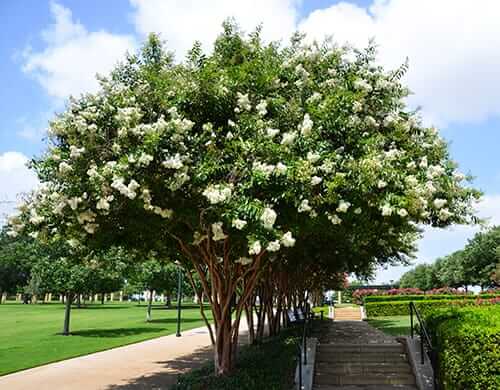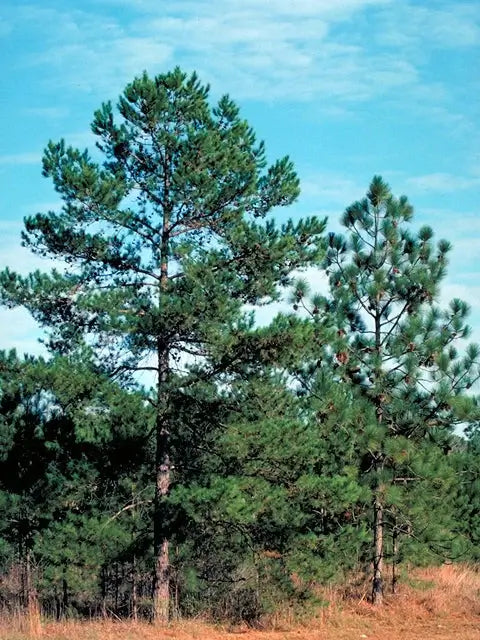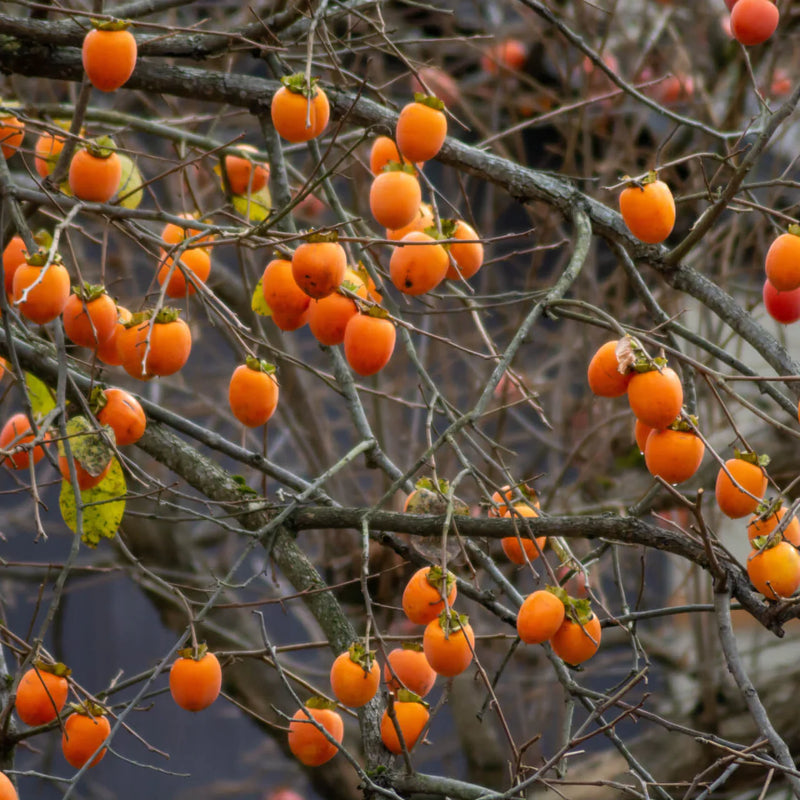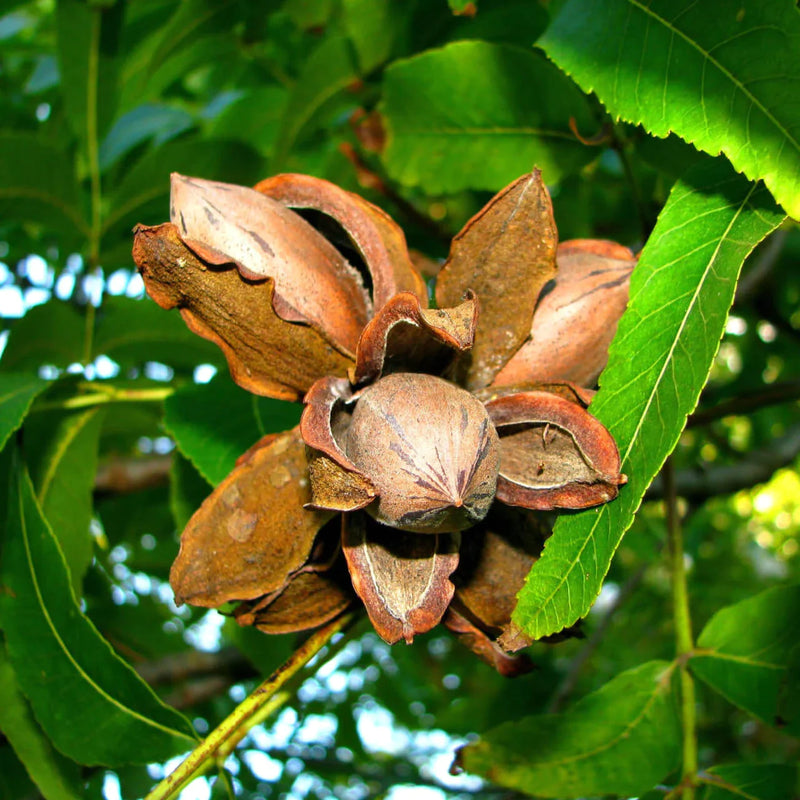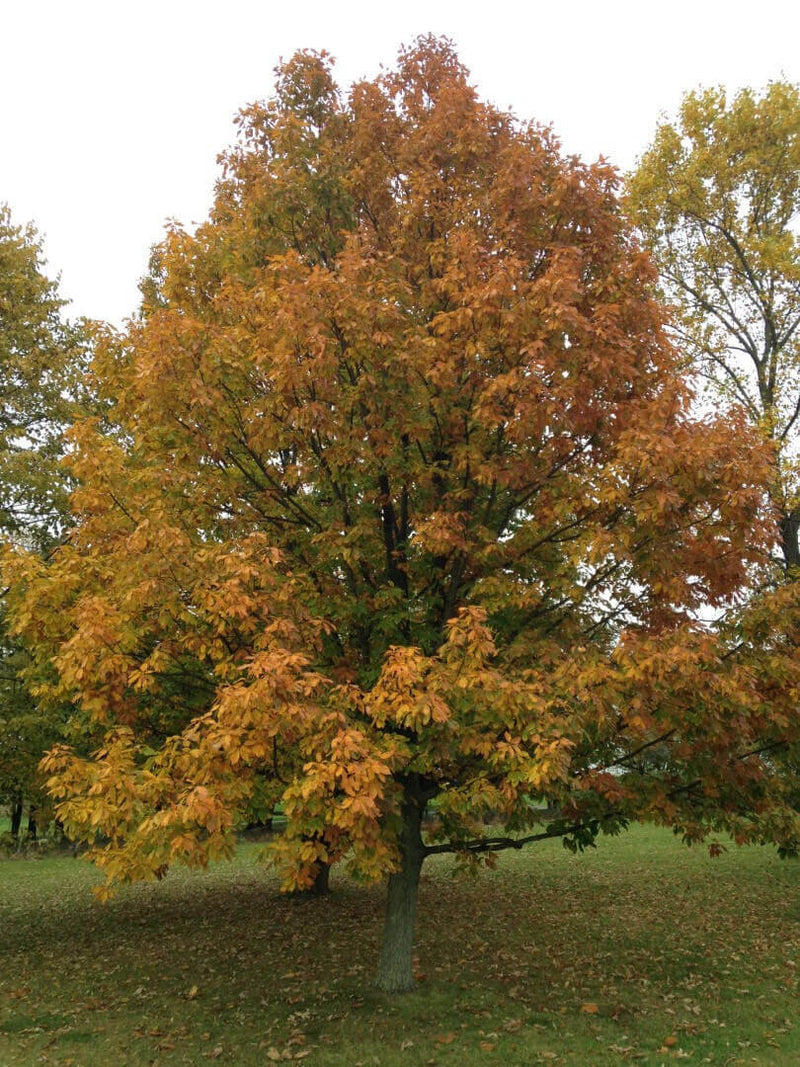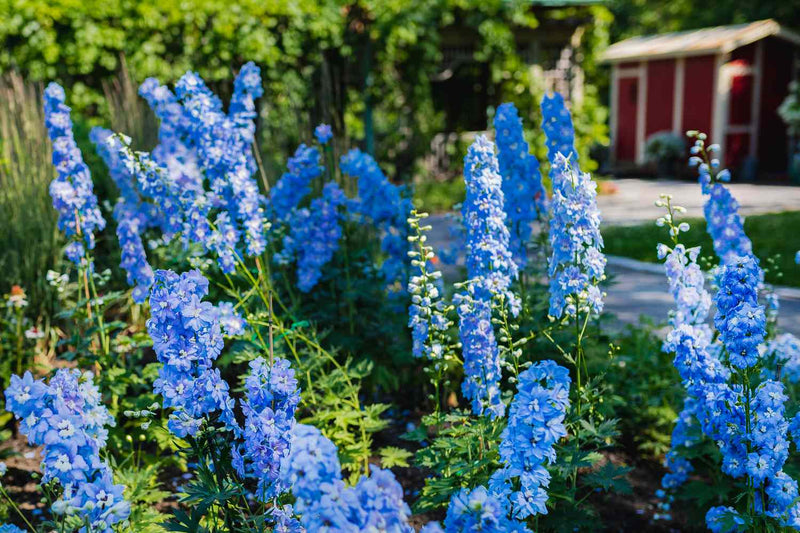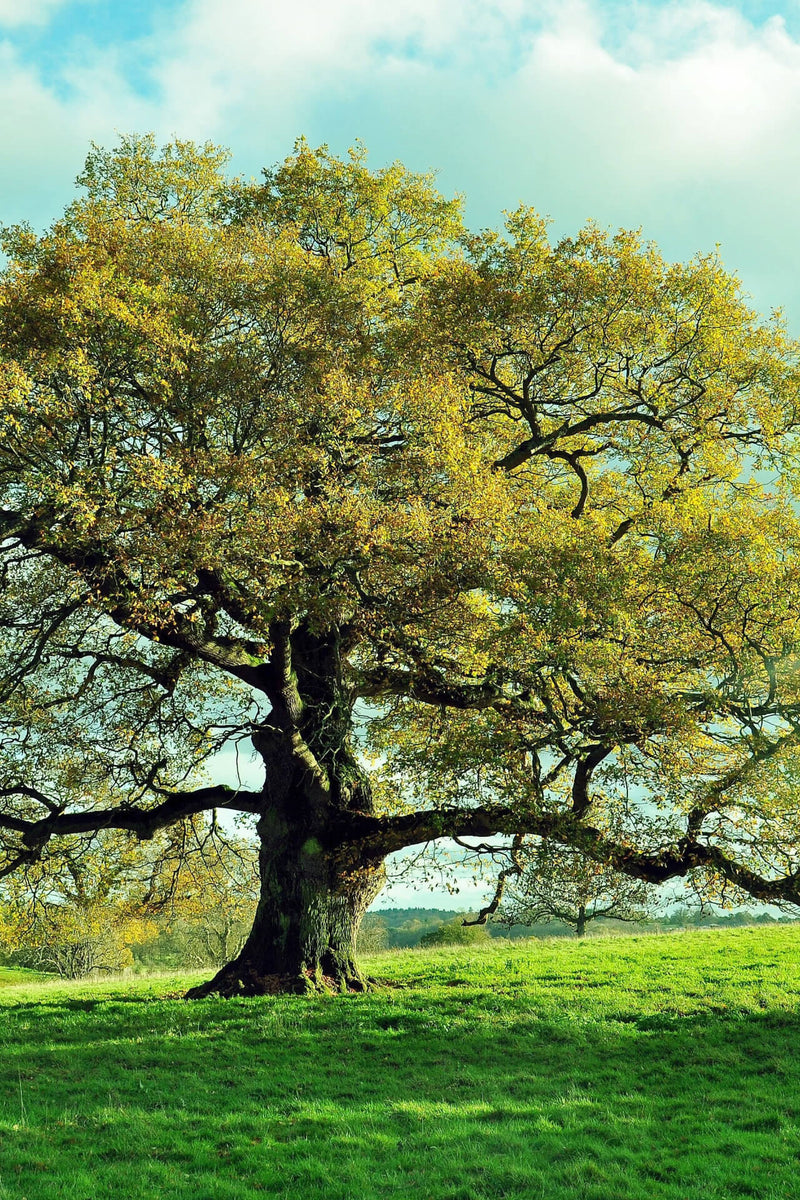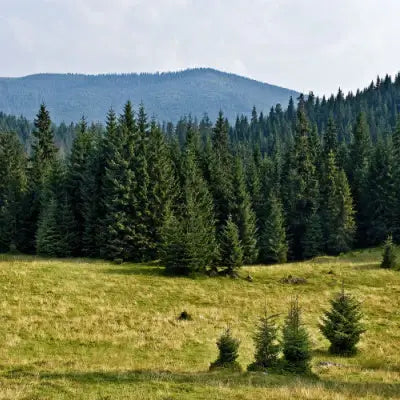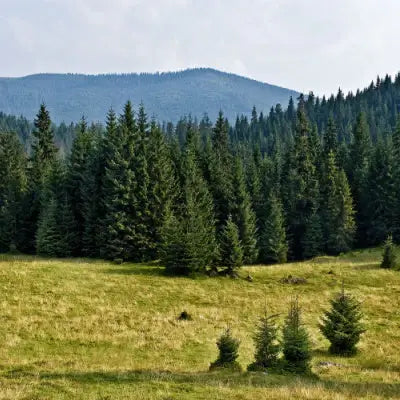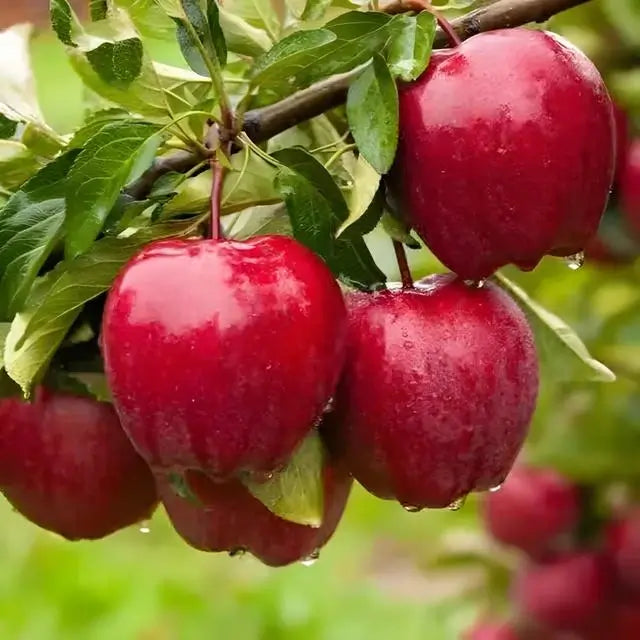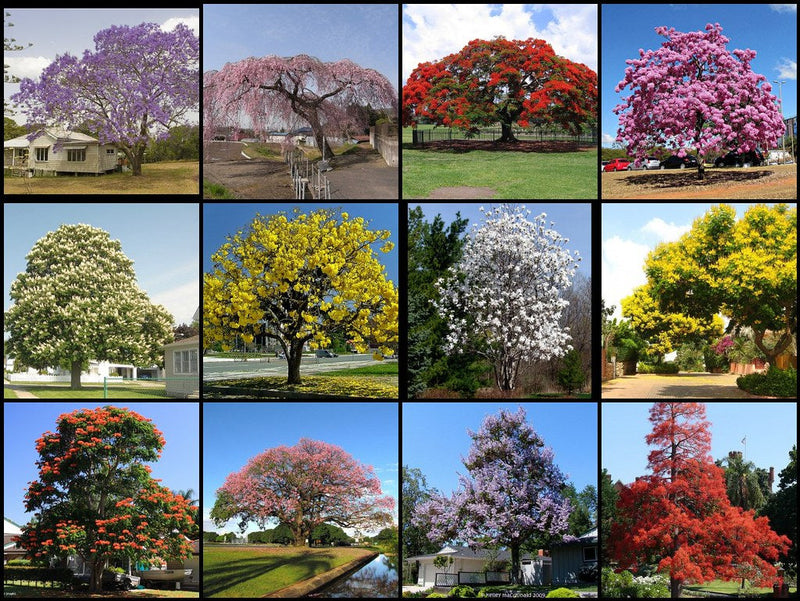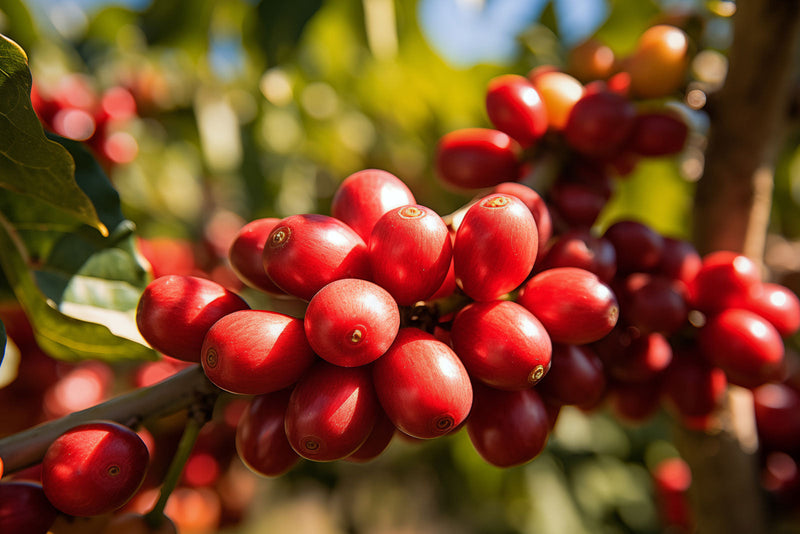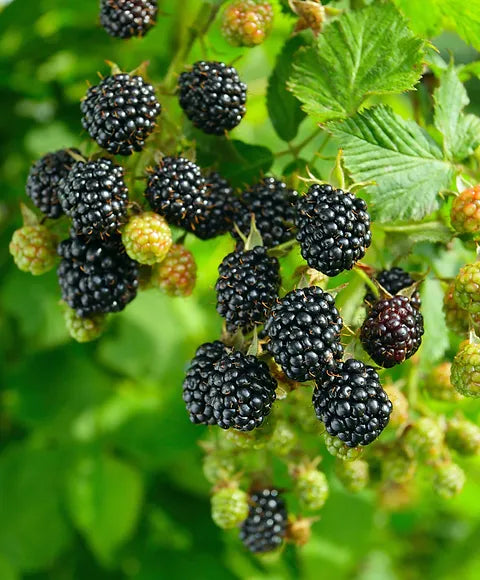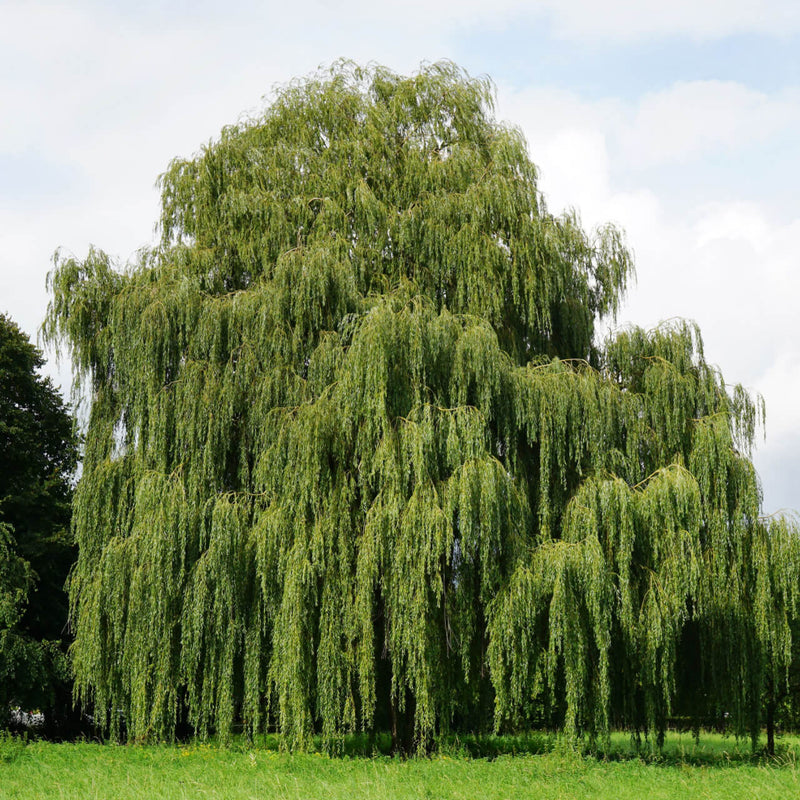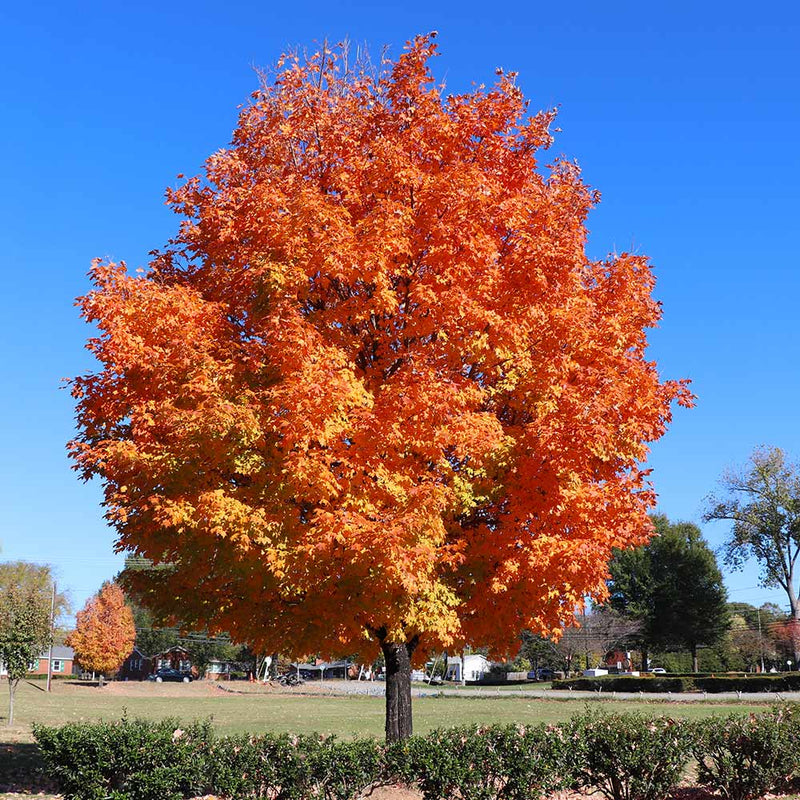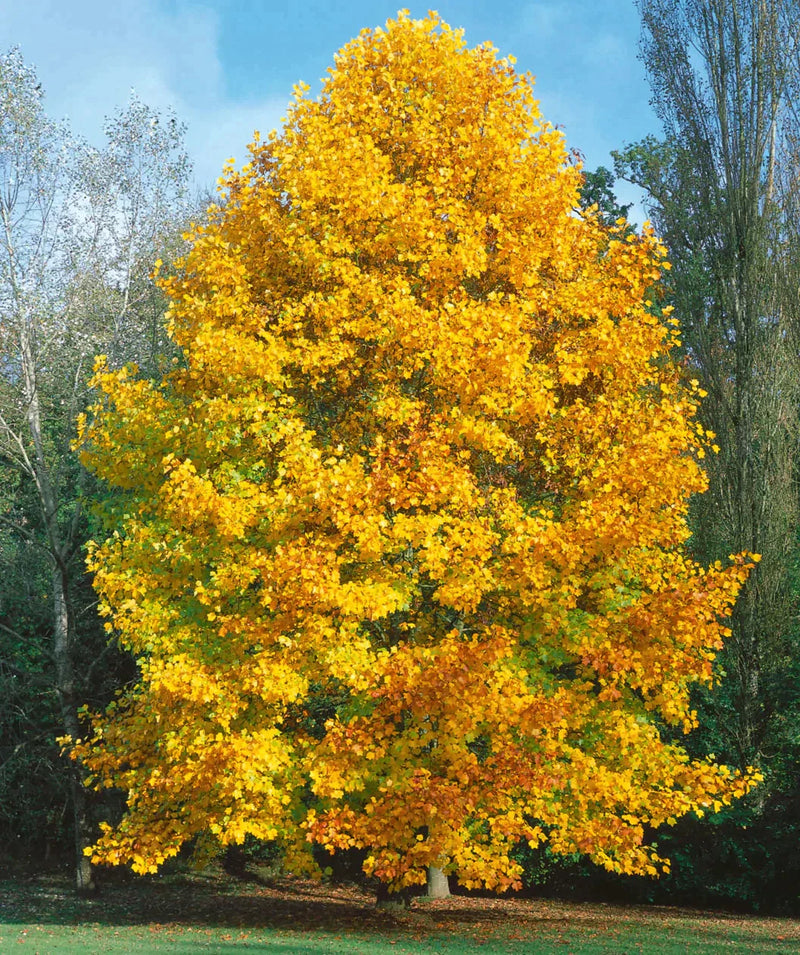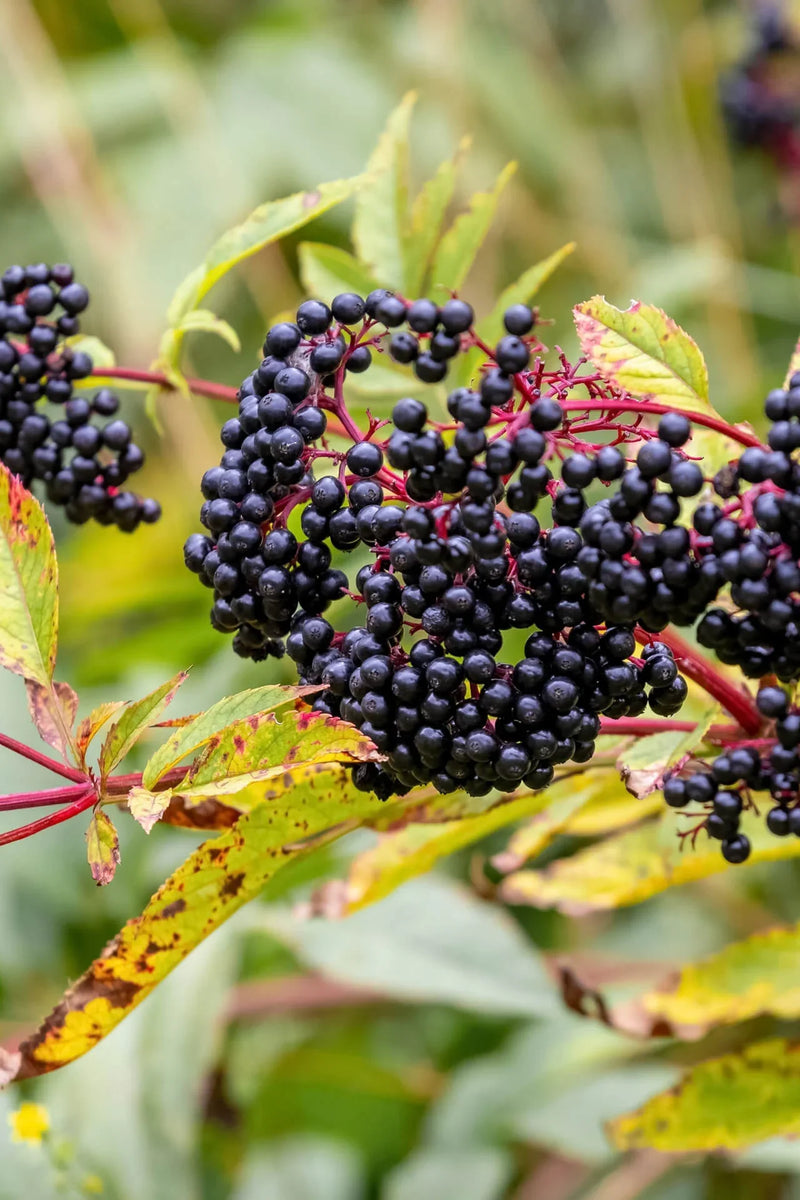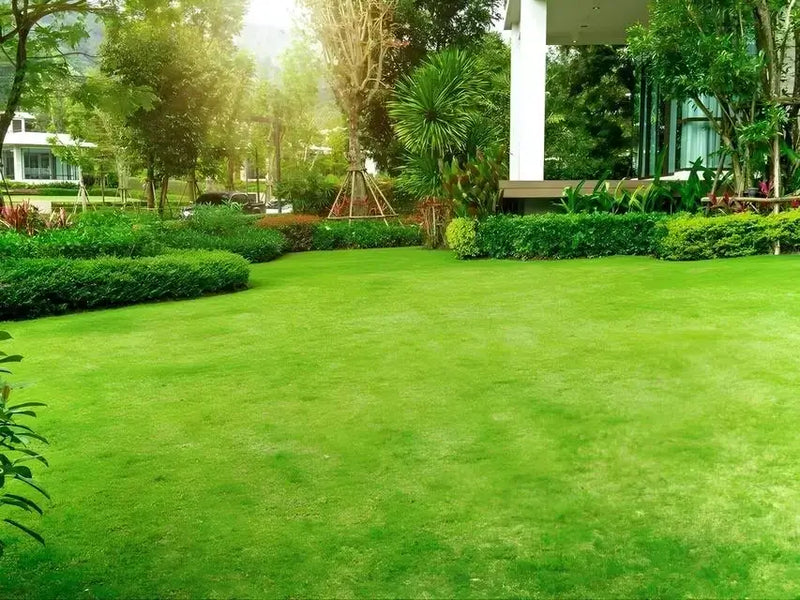When growing a garden, especially fruits and vegetables, it is always good to set up a protective fence barrier to keep out animals and keep your garden contained.
TN Nurseries best selling berry plants
Blueberry plants
Black Raspberry
Blackberry
There are a variety of fences, both wide and small, that will keep out gardeners. A good fence will also allow you to spray down the perimeter and keep bothersome insects away from your garden.
Suppose you want to start a garden and have some extra money. You may want to consider a fence to protect your garden from both animals and harsh elements. Setting up a taller fence will also protect your garden from strong winds and will provide the adequate amount of protection it needs. For plants that require a little more shade, placing plants against the fence edges is a great way to give plants a good amount of protection from the sun.
Gardening in a fenced area will also allow making your garden more manageable when portioning and spraying repellants and pesticides around your area. If you use organic pesticides, you can keep a clean, odorless garden that will keep out pests. With a fenced area, you will not have to worry about foreign insects or animals getting into your garden. If you live in a wooded area, it might be best to have a wooden fence constructed to keep out woodland creatures such as deer and possum. Rats are also known to live in forests and can not only tamper with your garden but can get in your house and spread all kinds of disease. Setting up a barrier will allow you to contain and keep out pests forever.
A fenced-in area will also allow you to section off certain plants that will need various nutrients. A fence corner can be devoted to one flower, fruit, or vegetable with another corner for other plants. It will allow you to keep your gardening area neat and grow various vegetables and fruits in a more precise manner. There are various ways gardeners can use a protective barrier to their advantage to keep plants safe. Fences will keep away plant hazards and will come to protect and preserve plants. The only thing you would have to worry about is termite infestation when it comes to wooden fencing. Gardening in a fenced area will keep your garden contained and give you a good idea of how much you can grow.
